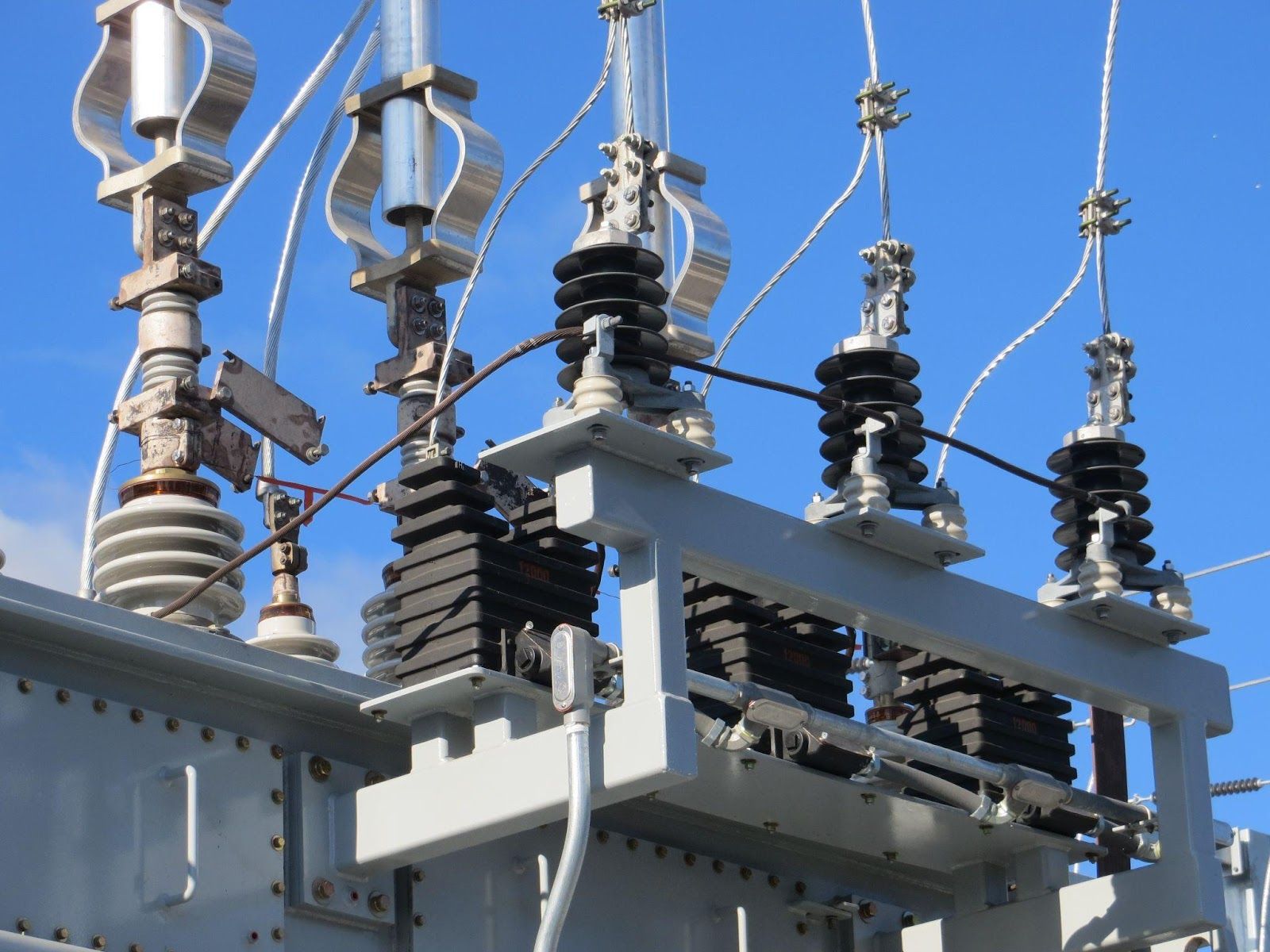- EU countries contribute only 6% of Bitcoin mining hashrate.
- China's dominance is long gone, with America taking the spot.
- European Union countries must lay the necessary infrastructure for miners.
Bitcoin mining is a crucial aspect of the crypto industry. Globally, miners are competing to validate transactions and secure the network. However, BanklessTimes.com has pointed out a surprising statistic. The European Union countries collectively account for only 6% of the global Bitcoin mining hashrate.
The United States emerged as the undisputed leader with a commanding 38%, followed by a diverse array of countries, including China (21%), Kazakhstan (13%), Canada (7%), Russia (5%), Germany (3%), Malaysia (3%), and Ireland (2%).

Alice Leetham from BanklessTimes spoke on the data:
BanklessTimes crypto analyst, Alice LeethamThe European Union has the capacity and ability to improve their hashrate. Mining is the current most profitable frontier in the crypto ecosystem. But for them to benefit, they have to lay ground.
Dominance of China and Challenges Faced by EU Miners
China dominated the Bitcoin mining arena for a long time. They contributed a substantial volume of the global hashrate. However, the regulatory crackdown in China forced most miners to migrate out of China and across Asia. The migration redistributed the miners worldwide, with the majority settling in North America and Canada. European Union countries have yet to make it among major crypto mining players despite the shift.
There is a wave of environmental concern due to Bitcoin mining since it consumes a lot of electricity, making it environmentally unfriendly. Moreover, the electricity costs in EU member states vary. Electricity is expensive in most countries, and venturing into electricity-intensive initiatives is less viable. Besides, most European Union countries still need to establish a regulatory framework. This leads to uncertainties that keep miners at bay.
Geopolitical tension and energy dependence are other hindrances to Bitcoin mining in EU states. Most countries need help to sustain themselves with electric supply. Most European countries are relying on Russia to feed their electric thirst.
European Union Must be Strategic to Benefit from Mining
The hashrate for Bitcoin has recently increased to an all-time high. Miners have increased their computing power to improve the efficiency and security of the network. Despite harsh criticism for using 0.21% of the world’s energy supply, Bitcoin mining profits are rising quickly.
The future power prospect for Bitcoin mining is renewable energy. Solar energy growth and adoption are exponential. By 2025, there will be a 15% to 25% decrease in solar costs. The rise of wind power is also coming in to bridge the electricity gap. EU countries must be deliberate in creating a conducive environment for miners.












